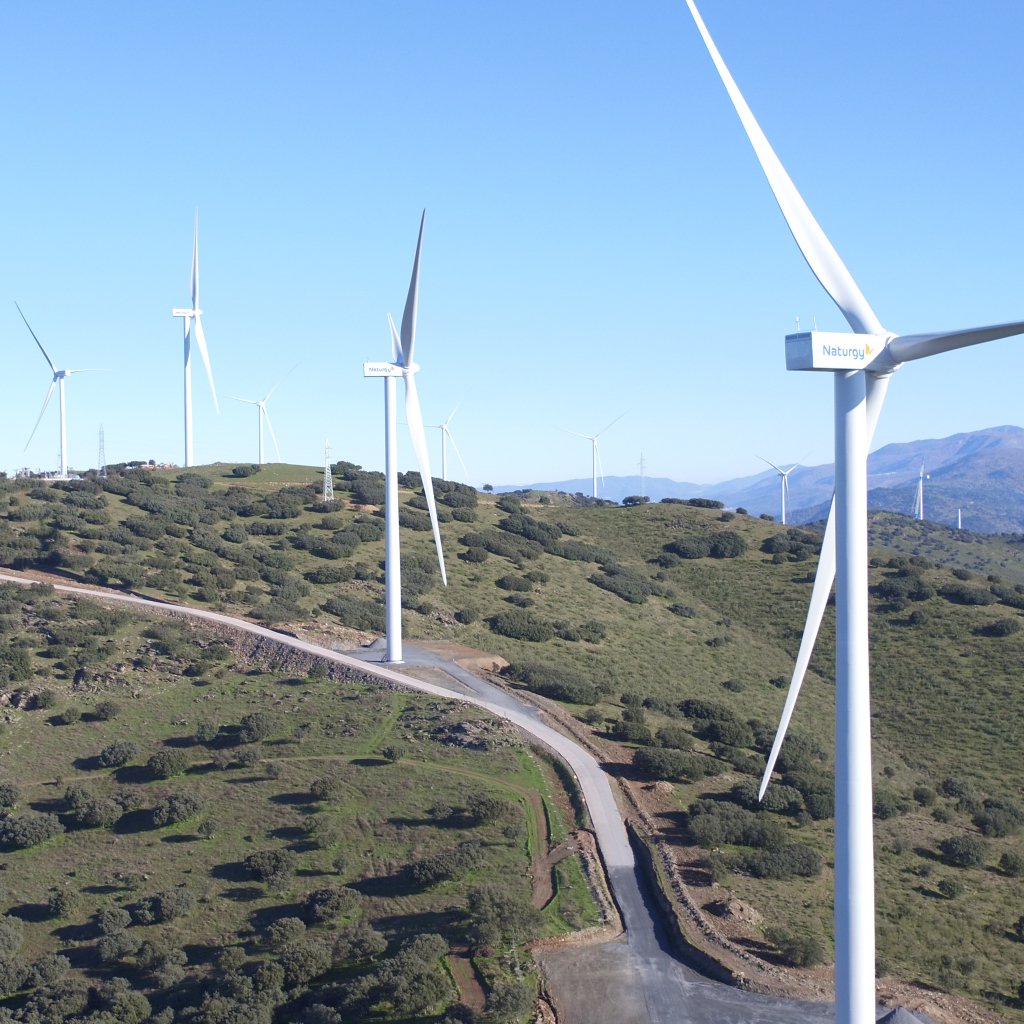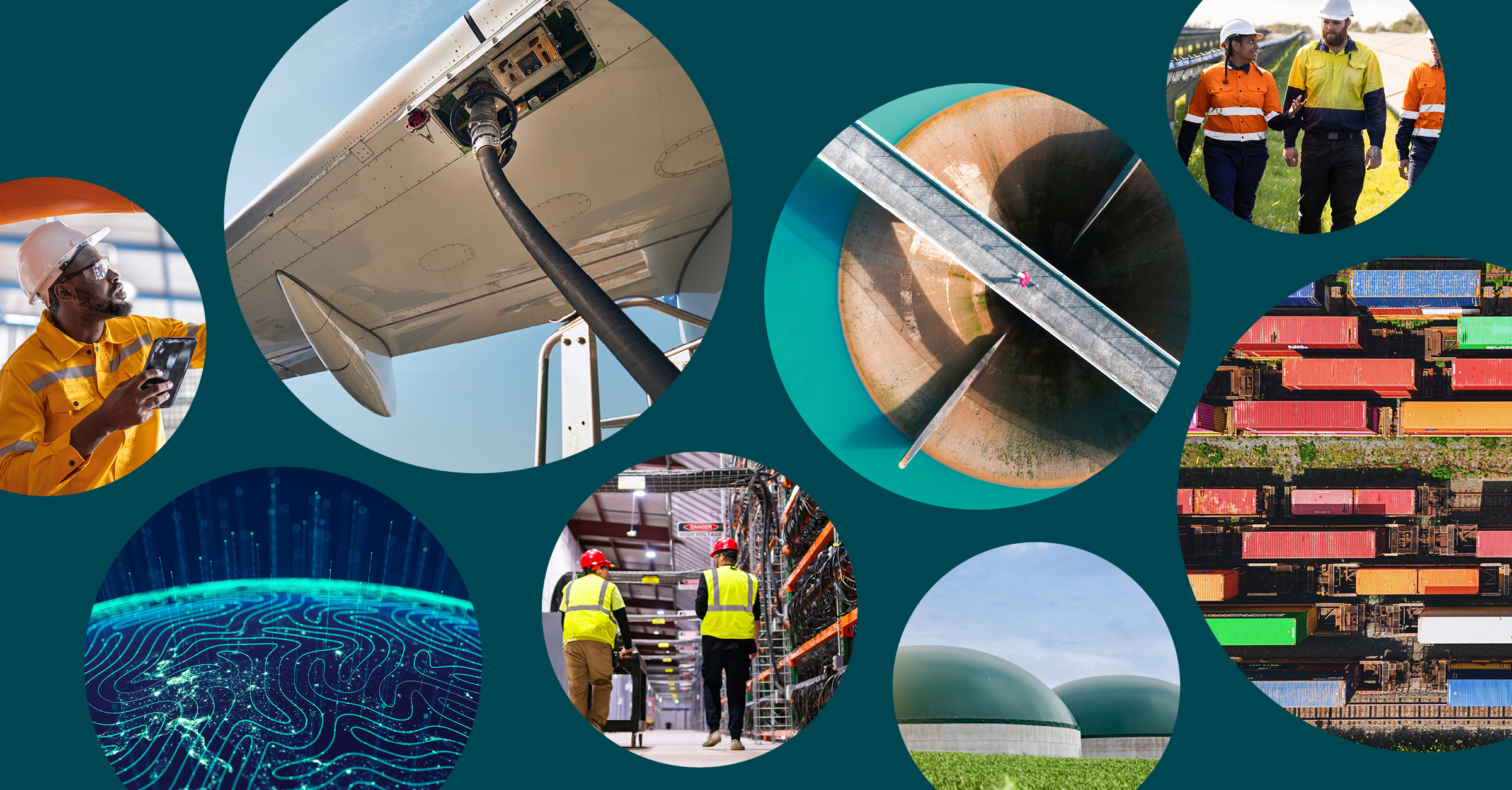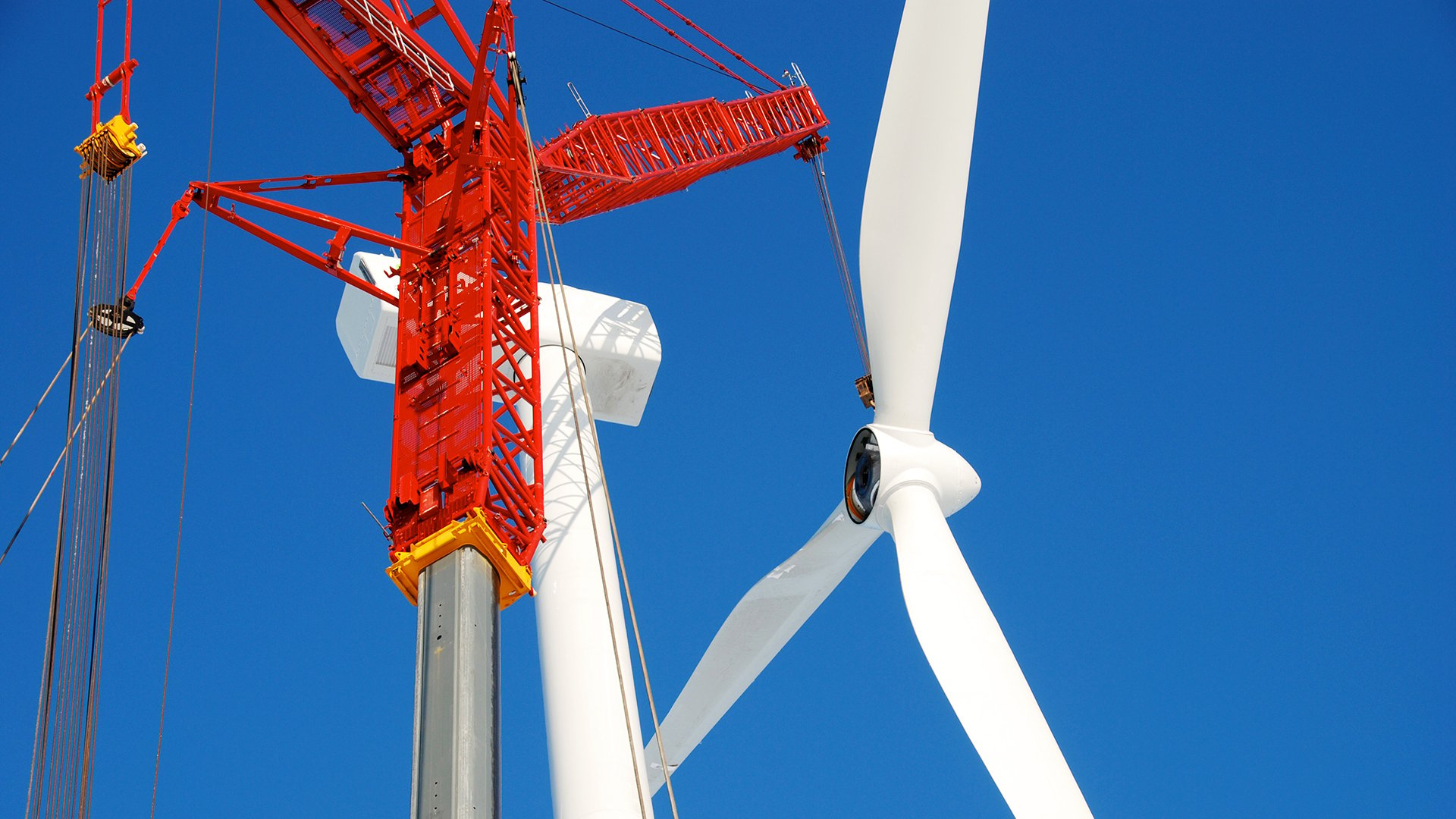Zero time to spare

There is a rapidly narrowing window of opportunity to limit warming to 1.5°C and secure a stable climate.
Infrastructure plays an important and multifaceted role in the decarbonisation of economies and societies and climate resilient development. Infrastructure is comprised of facilities, services, and networks many of which play an essential role supporting the quality of life and wellbeing of our communities – such as water treatment and electricity. Infrastructure also enables trade and development, by facilitating the transport of goods and information.
Infrastructure investors and operators can meaningfully contribute to global temperature goals across three pillars:
(1) asset-level transition that supports sectoral decarbonisation
(2) action to ensure a ‘just transition’ and
(3) collaboration with government, other investors, and operating firms to fill the net zero investment gap and to support healthy environmental and social systems.
A large part of the net zero transition involves replacing high emitting assets, production processes and products with low-emissions ones. But the ways in which infrastructure investors and operators can contribute to this vary. Some infrastructure needs to be phased out (such as coal-fired electricity generation) or repurposed. Some needs to expand significantly, such as renewable generation and grid firming infrastructure. And some, like transport infrastructure, needs to facilitate sectoral transformation – supporting the decarbonisation of the aviation, maritime, and inland transport sectors.
Meet the author
Related articles

Infrastructure Horizons 2025: How emerging trends in infrastructure will change the world

Investing in Australia: Accelerating industry super investment and growing Australia’s housing supply

